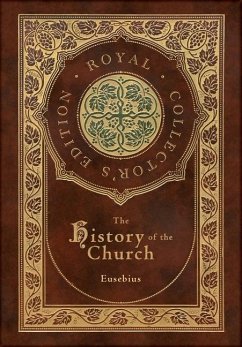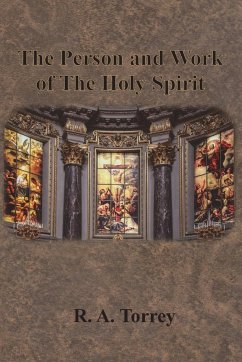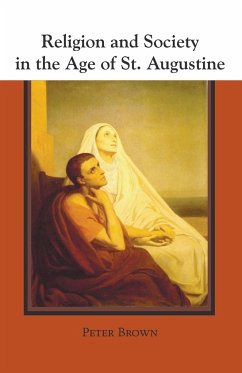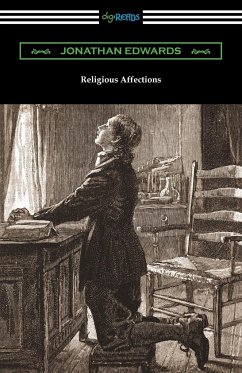
The Descent of the Dove
A Short History of the Holy Spirit in the Church
Versandkostenfrei!
Versandfertig in über 4 Wochen
24,99 €
inkl. MwSt.
Weitere Ausgaben:

PAYBACK Punkte
12 °P sammeln!
Readers have been handed countless titles claiming to portray "the History of Christianity," and yet few stray from well-trodden paths of historical analysis. The present work, however, takes flight over this sometimes dreary terrain. This is not to say that Charles Williams's The Descent of the Dove is at all unscholarly, but rather that it examines the rich history of Christendom in a unique and imaginative light, wholly consistent with the mind that penned it. For Williams, the history of the Church developed precisely around theological conflicts that threated to dilapidate it stone by sto...
Readers have been handed countless titles claiming to portray "the History of Christianity," and yet few stray from well-trodden paths of historical analysis. The present work, however, takes flight over this sometimes dreary terrain. This is not to say that Charles Williams's The Descent of the Dove is at all unscholarly, but rather that it examines the rich history of Christendom in a unique and imaginative light, wholly consistent with the mind that penned it. For Williams, the history of the Church developed precisely around theological conflicts that threated to dilapidate it stone by stone. At each juncture when the Church seemed poised on the threshold of rejecting some essential doctrine, a figure arose to reconcile the opposites and restore continuing unity. Williams suggests that such periodic tensions are actually recurrences of a fundamental and ongoing confrontation within the Church between the apophatic or "negative way" (think St. John of the Cross) and the cataphatic or "positive way" (think St. Bonaventure). But despite dwelling on many instances of such conflict throughout Church history, Williams is at no risk of despairing. Rather, he argues that these two strains of theology, while remaining in tension throughout Church history, are not only reconcilable, but are indispensable for the full flourishing of the Church and her children.












